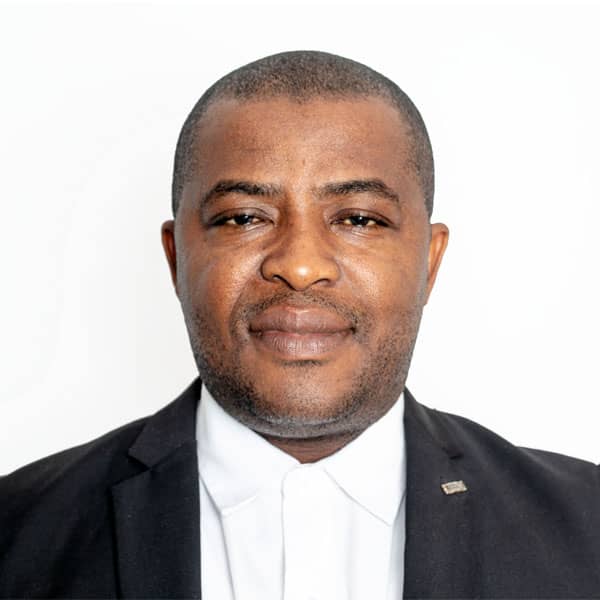When a pot calls a kettle black, problems will remain unresolved.
In many conversations across our society today, the term corruption has become almost synonymous with politician. Whenever a national problem arises, whether unemployment, poor infrastructure or inflation, the blame quickly and squarely falls on political leaders. While politicians indeed bear their share of responsibility, it is both unfair and inaccurate to heap all blame upon them while ignoring the corruption that thrives within the larger society. We often forget that politicians do not fall from the sky; they are drawn from the very communities that elect them.
A politician is, first and foremost, a citizen. Before assuming office, he or she was part of the same society that tolerates shortcuts, bribes, tax evasion and dishonest practices. If corruption is rampant among politicians, it is because corruption already exists among the people. The elected leader is, in many ways, a reflection of the values and moral standards of the citizens who put them in power.
Yet, we rarely hold ourselves accountable. Many business people under-declare profits or evade taxes while complaining about government inefficiency. Technocrats manipulate systems for personal gain, procurement officers inflate contracts, and some religious leaders exploit faith for financial benefit. Even some health workers are reluctant to provide services that patients have paid for. In each of these cases, corruption does not wear the face of a politician; it wears the face of an ordinary citizen.
The truth is that corruption is not confined to political office. It is woven into the moral fabric of the society in which we all live. When a parent pays a bribe for a child’s admission into a senior high school, when a trader cheats customers on measurements, or when an officer demands a tip to do their job, these actions all contribute to the same culture of corruption we claim to despise. The politician who embezzles public funds is only practising, on a larger scale, what society often condones in smaller forms.
We cannot pretend to be unaware of these realities. In the Dawhenya traffic, when everyone is struggling to get to or from work, some drivers prefer to use the shoulder of the road. In most cases they are not caught, so they get away with it. In a few instances they are arrested by the police, but what follows are transactions between the offenders and the officers of the law. Sometimes individuals who are neither important personalities on official assignments nor in emergencies are given police escorts just to beat the traffic.
It is therefore hypocritical for citizens to act as if corruption begins and ends in Parliament or the State House. True change will come only when individuals across all sectors of society commit to integrity in their daily actions. A clean government cannot emerge from a corrupt society; honest leaders cannot be nurtured by dishonest citizens.
Instead of merely pointing fingers at politicians, we should look within and rebuild our collective moral foundation. Every citizen has a role to play by obeying laws, paying taxes faithfully, rejecting bribery and standing for the truth.
It may be difficult to be honest, but the developed countries we admire also started from somewhere. When society values honesty, it will inevitably produce honest leaders.
The politician is not inherently corrupt; the society that breeds him or her is. If we want a better leadership class, we must first become better people. Charity, they say, begins at home. Real reform begins not in Parliament, but in the hearts and choices of ordinary citizens.
However, if every politician begins the change, citizens will follow. Leadership, they say, is by example. But when an ordinary citizen is punished for bribery, the politician who should know better must receive double that punishment.
The author, Evans Mawunyo Tsikata, is a student at the Ghana School of Law.


